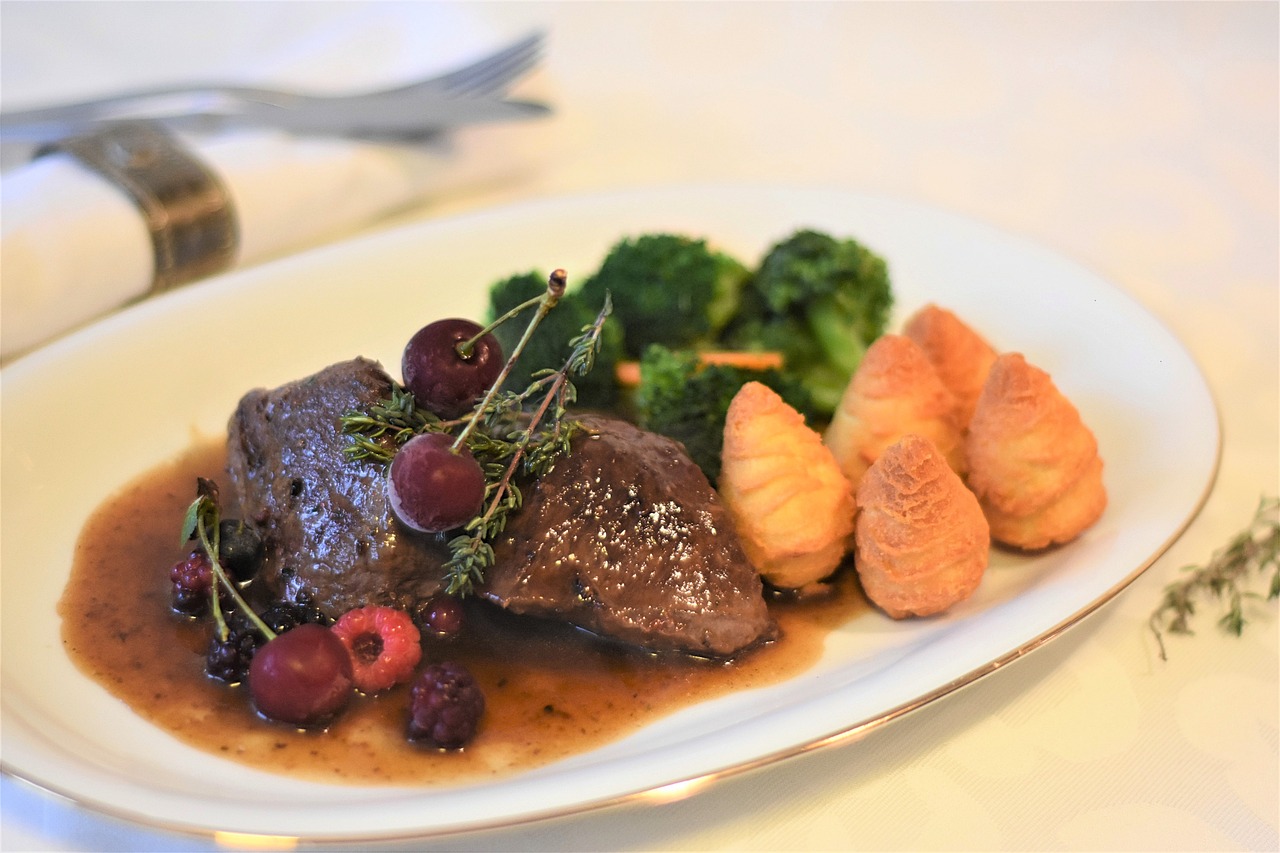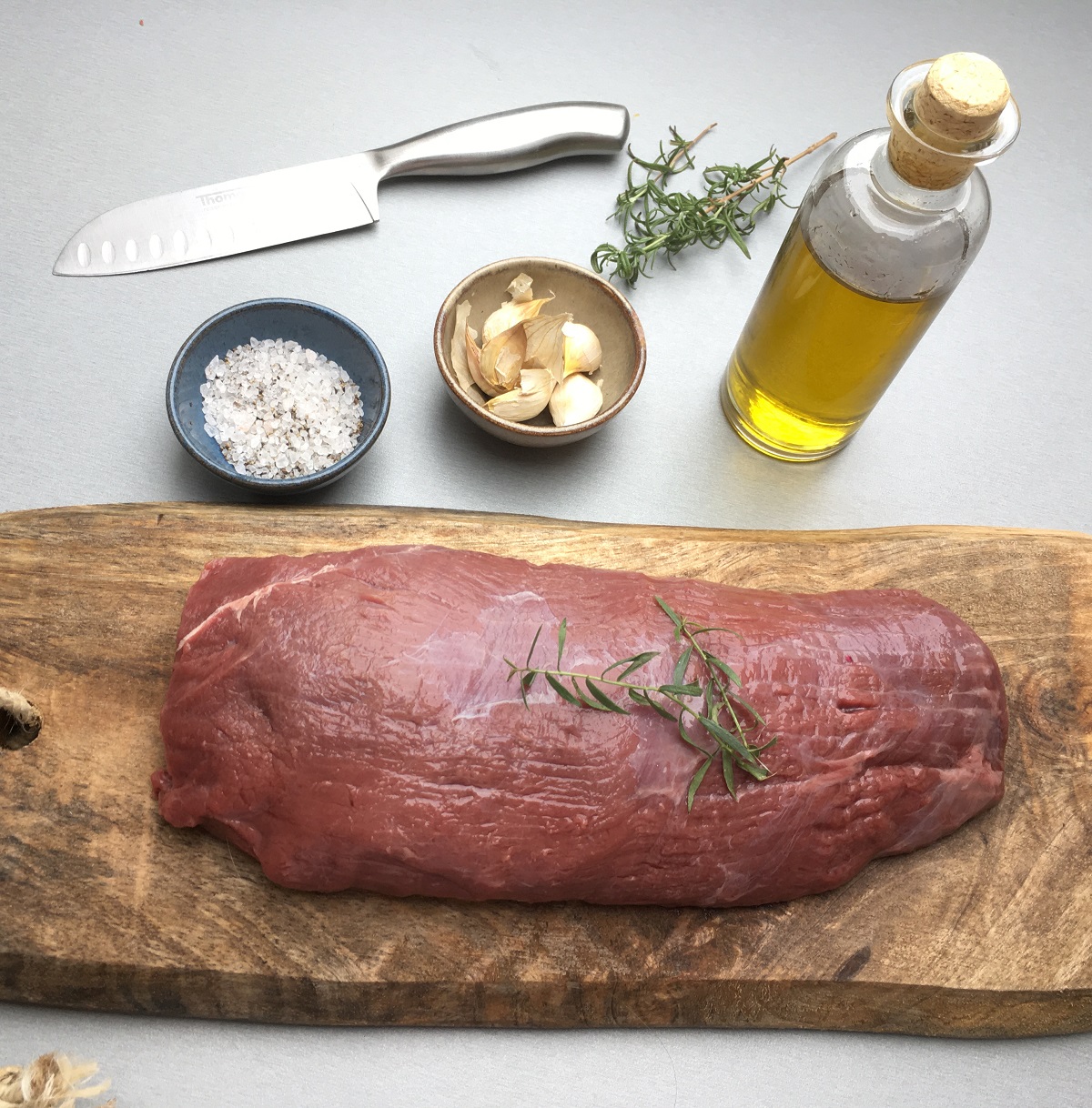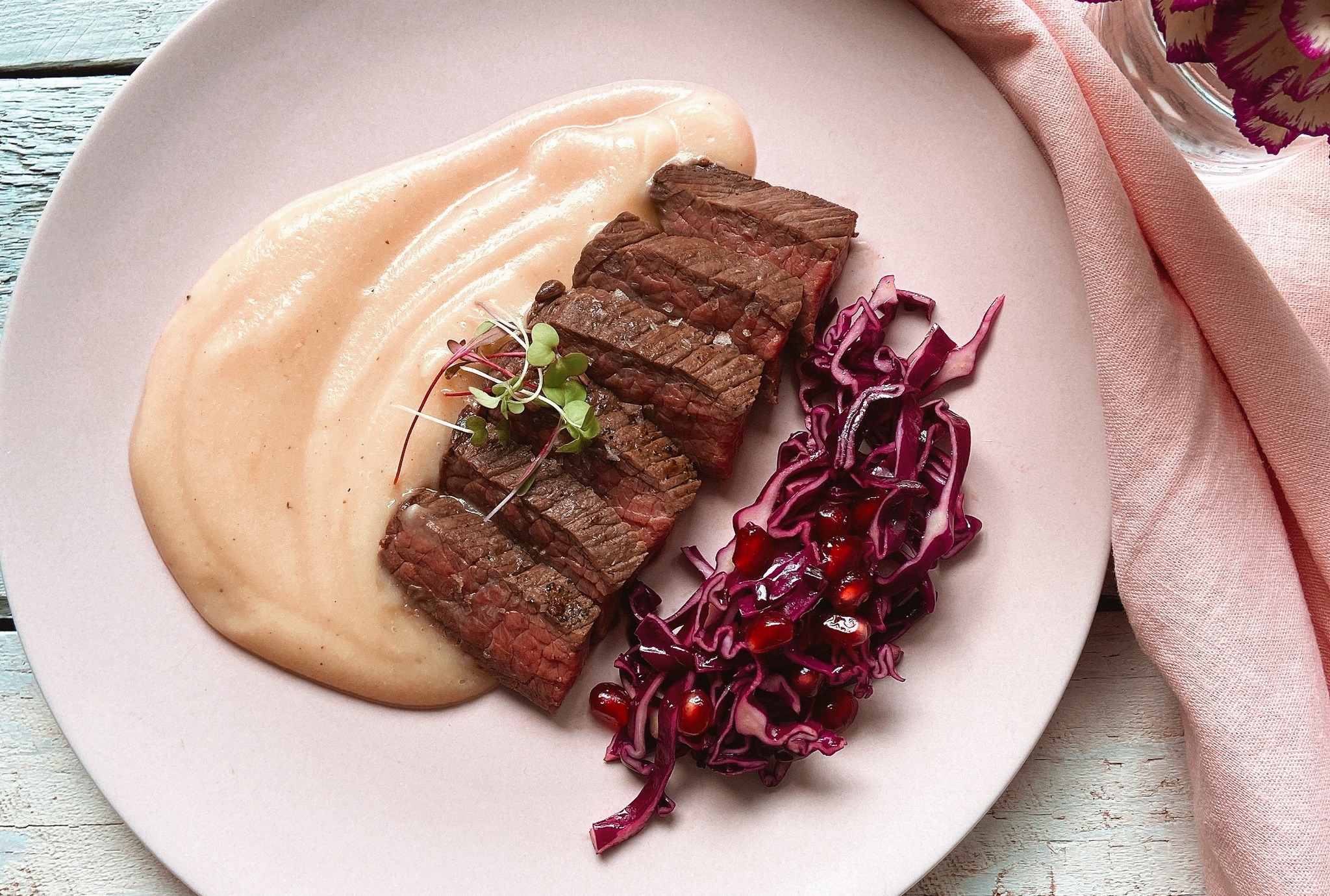There is a growing demand for premium domesticated pigeon products, thus, the meat pigeon sector needs to be boosted.Continue reading

Hungary is one of the biggest exporters of game meat in Europe, according to a publication on the domestic market and consumption of game meat published by the Hungarian Chamber of Agriculture. The publication is said to be a unique compilation at the European level.
Almost 90 percent of the 3,800 tons processed annually in Hungary are exported abroad, mainly to Germany and Italy, with Germany accounting for 48 percent of imported Hungarian game meat. In Hungary, 46 companies deal with wild game meat, a valuable and special foodstuff, yet consumption is only 0.1 kg per capita, and compared to 10 years ago it was only double that.
Domestically, tourism and catering are the biggest consumers, accounting for 60 percent of the quantity remaining in Hungary.
Although the market has been hit by Covid, consumption reached pre-pandemic levels before last year.

The fresh, ready-to-cook deer leg from Vadkonyha is available in supermarket Lidl in Hungary. Photo: Facebook/Vadkonyha
The publication also shows that in Hungary, hunting concession holders sell almost 80 percent of the game they shoot to traders and game processors, and the composition of game meat is more favorable than that of farmed domestic animals. The smaller players supply the market with very high quality, highly processed products, with various pâtés, rilettes, sausages and smoked products coming out of the processors. There are also products from family farms, game parks, and national parks, mainly available locally.

Deer meat can be found in many restaurants in Hungary. Photo: Facebook/Vadkonyha
While few people know about it at home, Hungarian game meat is a much sought-after product abroad. Hungary is one of the biggest exporters of game meat in Europe, fourth in terms of volume on the EU market after Poland, Germany, and Spain.
Unfortunately, Hungarian consumers rarely come across wild game meat, although it is worth including it in our diets as often as possible because of its special taste and its health benefits.
Wild animals are reared freely in natural conditions, have a highly mobile lifestyle and a varied diet, and their consumption and production are all part of the natural cycle. Wild game meat has a lower energy content and a higher protein, fat, and micronutrient content than farmed animals, which is beneficial for a healthy diet. Wild game meat has a number of quality characteristics that may appeal to health-conscious consumers when purchasing meat products.
Featured photo via Pixabay